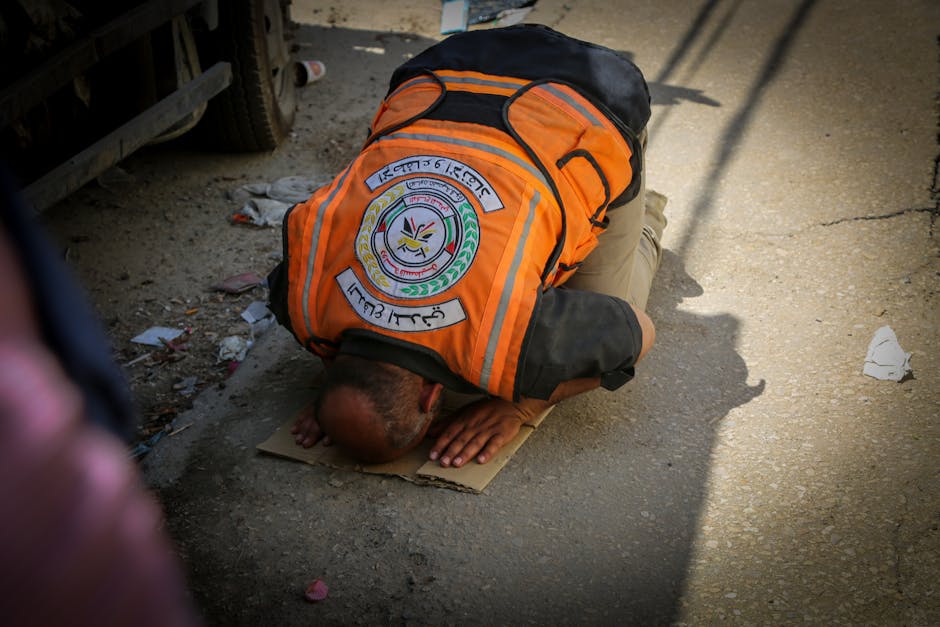Global food security experts have officially declared famine conditions in Gaza City and surrounding areas, affecting at least half a million people. This declaration, issued by a U.N.-backed international group, signifies critical levels of starvation, acute malnutrition, and death within the enclave. The situation marks a dire escalation of the ongoing humanitarian crisis.
The famine declaration highlights the catastrophic impact of prolonged conflict and restricted access to essential supplies. International monitoring groups report that approximately half a million individuals are currently experiencing the most severe stages of food insecurity, characterized by extreme hunger and the inability to access adequate nutrition. This lack of basic sustenance has led to a significant increase in preventable deaths, particularly among vulnerable populations like children and the elderly. The implications for public health and the overall stability of the region are severe, with many aid organizations struggling to deliver life-saving assistance under current conditions.
“At least 500,000 people in Gaza are facing the most severe conditions, a stark indicator of the widespread famine and a call for immediate, unimpeded humanitarian access.”
The declaration is expected to intensify international pressure on all parties involved to facilitate the unimpeded delivery of humanitarian aid. Experts warn that without a significant and sustained increase in food and medical supplies, the mortality rate is likely to climb, further exacerbating the already critical situation. The long-term effects on the population’s health and psychological well-being are also a major concern, with recovery expected to be a protracted and challenging process even if immediate relief measures are implemented.
The official declaration of famine underscores the urgent need for comprehensive international intervention and sustained humanitarian efforts to alleviate the suffering. Future developments will likely focus on the efficacy of aid delivery mechanisms and diplomatic resolutions to ensure consistent access to life-saving resources for the affected population.




